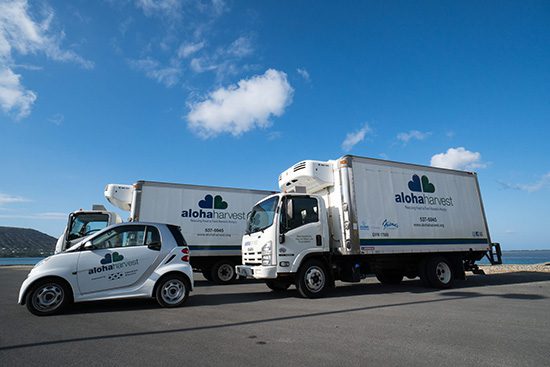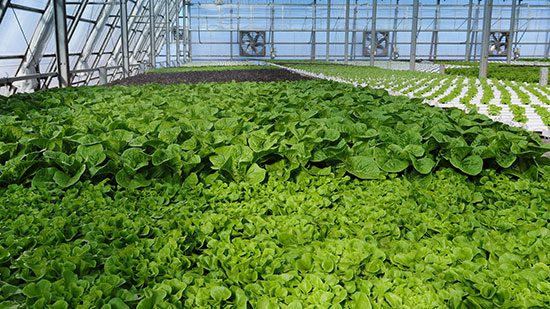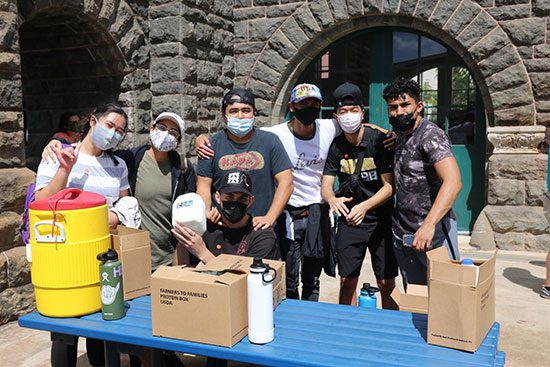
– Eddy23 via Wikimedia commons
by Carmelita Patu
Special to Ka ‘Ohana
American Samoa’s borders have been closed since mid-March. Governor Matalasi Moliga extended his coronavirus emergency declaration through October. American Samoa does not have a confirmed coronavirus case.
Arizona resident Margaret Siloi flew home to American Samoa in March with five other family members for a relative’s funeral. Her return flight in April was canceled because of the border closing.
“I’m personally being affected by this border closure for such a long time, seven months to be exact,” Siloi said.
Siloi worked for a company that provides essential needs to the public. She was let go from the job, which she loved so much, for being absent for seven months.
“I have bills to pay back in Arizona but am slowly going into debt since I have no source of income,” she said. “I could ask my family here, but they too have cultural, religious and work obligations as well as their own bills to tend to. I dare not ask.”
Siloi and her other family members have applied for COVID-19 food stamp benefits but were told that they are not eligible since they have not been residents of American Samoa for at least a year. They were routed to seek assistance from the unemployment office but had no luck there. They went to Congresswoman Aumua Amata for help but were told she was not available and that they would receive a call back later.
“Two weeks passed,” Siloi said. “I would call her office and did not get the answers that I was looking for or she was out of the office.”
Siloi said she’s starting to get depressed, unable to financially support herself and being away from home so long. The American Samoa government is not reaching out to those currently stranded on the island.
By contrast, American Samoa resident Ioana Atonio has been stranded in Samoa since April. She is one of two caregivers for her mother and is worried.
“It’s just my older sister caring for our mother,” Atonio said. “I’m the one who works part-time and runs the errands for us.”
Atonio said she has been fortunate that her family members in Samoa welcome her with open arms and allow her to stay in their home for however long it takes. She said she is grateful but is still very worried for her elderly mother and sister who need her help. There are no confirmed cases of coronavirus in Samoa.
“I wish they could just open one flight between the two Samoas so we can go home. There is no coronavirus on either island.”
There are about 200 American Samoa and Samoa residents who are stuck in Hawai‘i, according to Elisapeta Alaimaleata, founder and executive director of Le Fetuao Samoan Language Center, a non-profit organization in Honolulu that provides Samoan children with the opportunity to learn their heritage, language and culture utilizing interactive, hands-on and culturally relevant strategies.
When Alaimaleata found out there were stranded American Samoa and Samoa residents on O‘ahu, she acted quickly and partnered with a couple of other organizations to host a free food drive-by distribution event for the stranded residents.
“This is our way of giving back to our community and to perpetuate culture,” said Alaimaleata. “This is a great event to expose our youth to.”
Many who showed up carpooled or rented a vehicle for the event.
“Not many of them have transportation so there are three to four families in one vehicle picking up food from the food drive,” Alaimaleata said.
Many stranded residents have expressed that they are facing financial struggles and are emotional and depressed due to the current situation.
The event has distributed more than 100 boxes of food to stranded families. Alaimaleata and partners are hosting another distribution event on Nov. 13. Email Alaimaleata at alaimale@hawaii.edu for more information.




